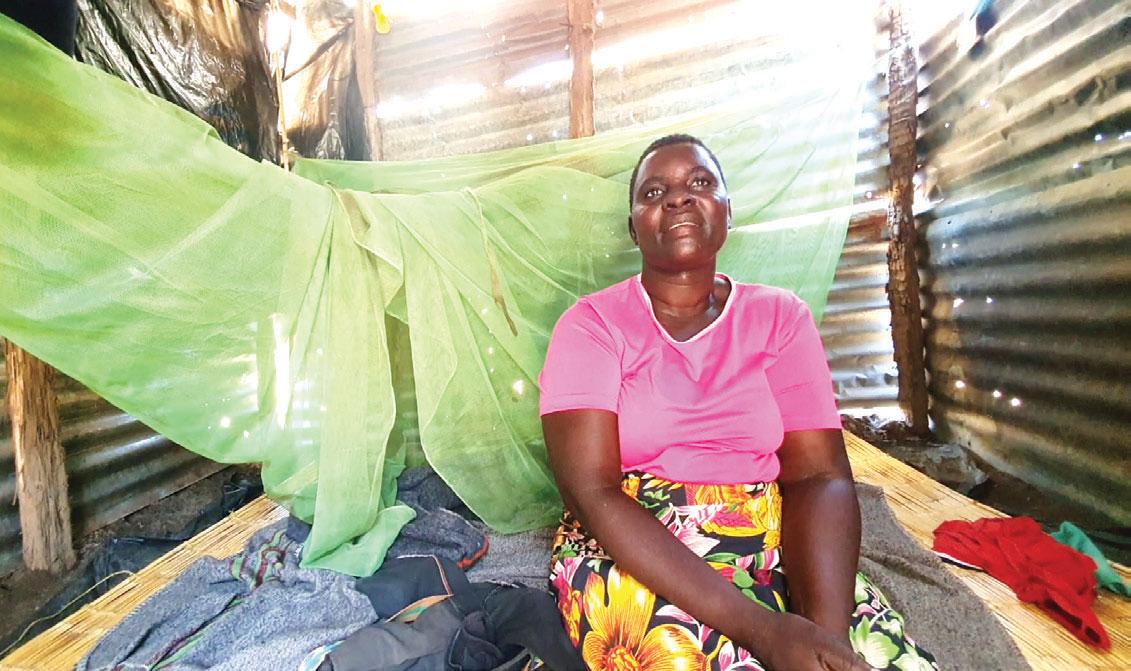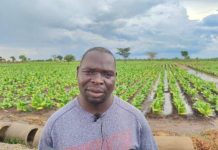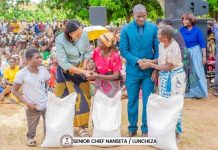Africa-Press – Malawi. The negative effects of floods that hit some parts of the country are still being felt by HIV-positive people who are on antiretroviral therapy and staying in camps, increasing the risk of defaulting on drugs and transmitting the virus to others. THOMAS KACHERE writes.
Adherence to the antiretroviral therapy regime has been touted as a panacea to reducing the spread of HIV, as those that adhere to treatment guidelines are less likely to spread the virus to others.
Otherwise, as National Aids Commission Head of Coordination and Capacity-building Tione Chilambe put it in Blantyre in March this year, the risk of HIV spread is heightened.
Socio-economic and demographic factors are other important predictors of HIV transmission, especially now that the HIV prevalence rate in areas such as Blantyre is still rising.
“Prevalence of HIV in Malawi is at around 8.6 percent but latest data show that Blantyre Urban is the worst hit in the country, especially among young people between the age of 18 and 24 years as they are turning out to be HIV positive with a prevalence rate of almost 20 percent,” Chilambe indicated.
There are indications that, following Tropical Storm Ana, the risk of HIV infection may rise, especially among those who are in flood survivors’ camps. This is because some of the people that lost medical records as well as ARVs to floods are defaulting on drugs due to disaster-induced relocation.
Some of the affected people in Chikwawa District said they were defaulting on ARVs because they did not have food items that could help them boost the immune system.
They say, apart from losing medical records and drugs to floods, they lost crops and livestock after floods swept them away. Even after President Lazarus Chakwera declared a State of National Disaster, nutritious foods are getting to them piecemeal.
Worse still, some people are reportedly having challenges when time for taking ARVs comes, as they feel uncomfortable taking the life prolonging drugs with scores of people watching.
Chrissy Nkoka from Kanseche Village, Chikwawa District, said, after she survived the January floods with members of her households she sought refuge at Kanseche camp. Nkoka said her family lost all belongings including food.
“However, since January 26 2022, we have only received maize flour twice. The maize flour was not even enough for a family of six, which means we are food insecure. We have been voicing out our concerns, to no avail.
“My worry is that some people here at the camp are on ARV treatment, hence the need for enough nutritious food. We need more help in terms of food items because, for ARVs to work effectively in one’s body, there must be good food around,’’ she said.
Nkoka added that shortage of food was affecting ARV adherence. Steven Kampira, 53, of Kaledzera Village, said the first thing his family lacked when he came to the camp was food. Kampira said food availability has been a persistent problem at the camp.
“I have, since February this year, received one bag of maize flour only and yet I have six children. We need food and a place to stay. Some of us are on ARV treatment but the floods washed away our medicines and health passports. Now we are facing another challenge, that of lack of food, which is compromising the chances of medicines working effectively,” he said.
Dyna Bvumbe of Bester Village tested positive for HIV in 2007 after suffering from tuberculosis for some time. “As such, I need to have enough food so that medication can work properly. The food we are getting does not last for many days because our families are big,” she said.
Some non-State actors, notably Sustainable Development Initiative (SDI), Umodzi Youth Organisation and Umunthu Foundation have been reaching out to the people with food items.
“One of the things we have been providing to people affected by floods is food items. We have been targeting those on ARV treatment and other conditions so that their current situation should not compound their chances of adhering to drugs,” said SDI Executive Director Maynard Nyirenda.
So far, 300 households have benefitted from the initiative. SDI is also providing psycho-social support to flood survivors at Kanseche, Namalindi, Chikuse, Mitole and Namicheni camps.
Umunthu Foundation Executive Director David Odali, whose organisation has been providing food supplements, said a good diet would go a long way in helping flood survivors who are on ARVs respond well to treatment.
“Those who are calling for nutritious supplements are not wrong,” he said.
For More News And Analysis About Malawi Follow Africa-Press






